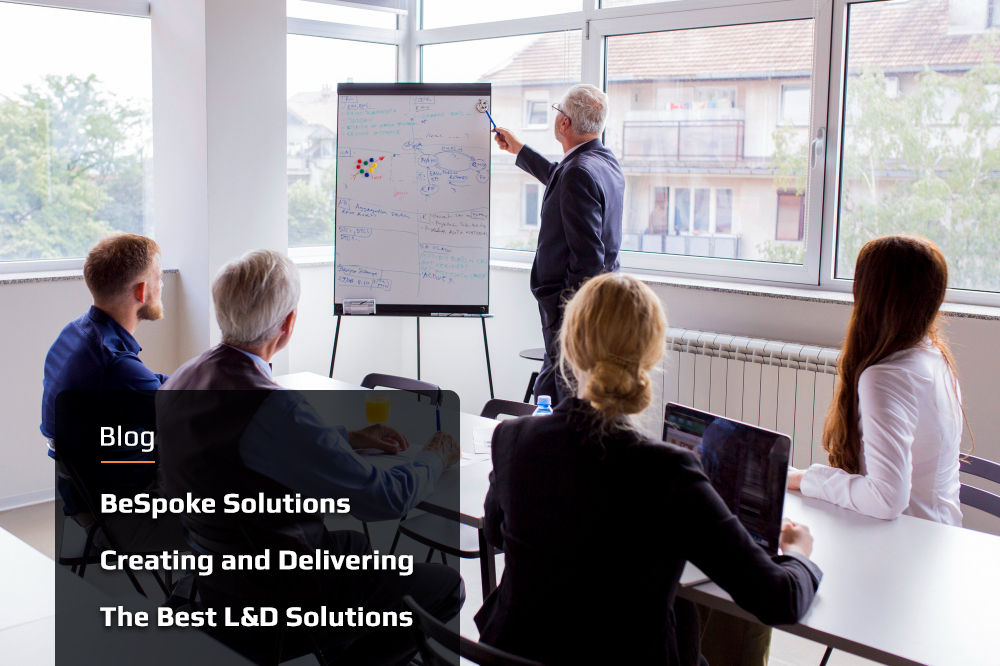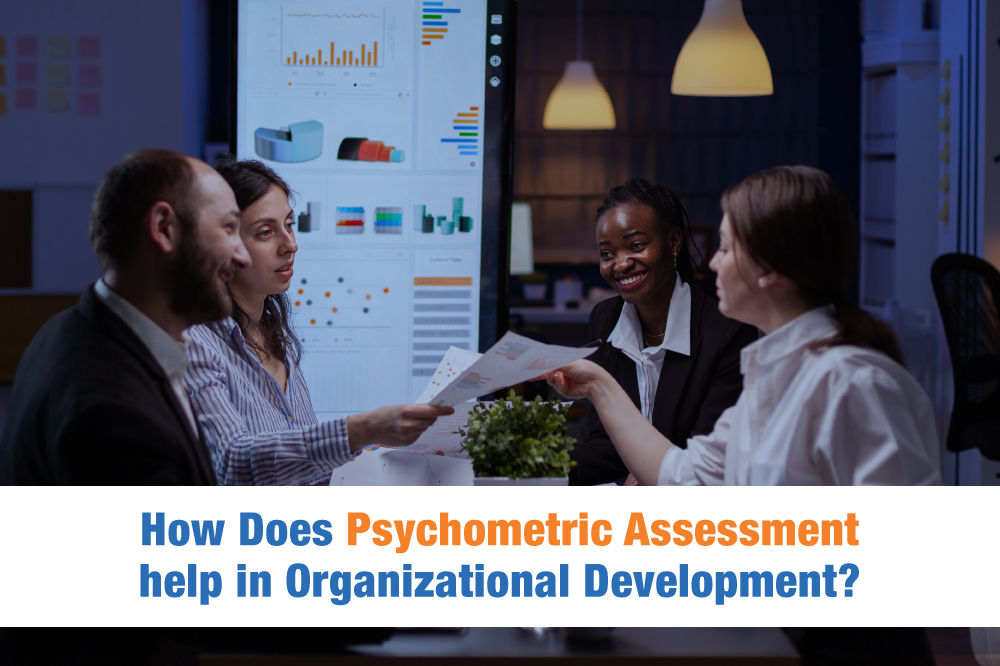Organizational development is an active effort that is solely dedicated to improving an organization’s capability and potential through strategic alignment, re-structuring the corporate hierarchy, and remodeling rewards metrics and management processes. This developmental pattern for organizations is backed by science and is deemed to be an interdisciplinary field rooted in industrial, organizational, and business psychology that assesses employees and trains them through their psychometric assessment evaluation to enable development in the organizational culture, innovation, social sciences, adult education, human resource management, organization behavior, research analysis, and design as some of the few notable fields.
Modern Day’s Organizational Development
Organizational design has become more crucial over time and well-integrated with inclusive diversity. Today’s world is characterized by Volatility, Uncertainty, Complexity, and Ambiguity (VUCA). This VUCA world requires new agility from organizations, and organizational development is the means to that end.
This field involves ongoing, systematic, long-range processes of upscaling the organizational effectiveness, solving problems, and improving organizational performance to drive it towards success by building and polishing the building blocks of the organization. It is as important to have a skilled manager because the role of Organizational Development can be a highly challenging career path. Organizational Development Manager must have a strong grasp of strategic planning and a good understanding of the organization’s human and social capital, to deliver value.
The primary role is to bring about a change that depends upon the choice of the individual(s) and their approach. Therefore, it is important to determine whether to employ external consultants or to develop internal change agents and which existing and time-tested model of OD your organization must adopt. The Nature and Roles of Change Agents
According to a few geniuses in the field of Organizational Development, Cummings & Worley 2009 posited the following elements:
Critical and science-based process: Organizational Development is an approach that is evidence-based following a structured process of development and growth. It is a time-tested and data-driven application of scientific findings that helps create a structured and controlled process in which assumptions are tested as to whether the outcomes reflect the intention of the intervention.
Build capacity to change and achieve greater effectiveness: Aimed at organization effectiveness, it has wide avenues open for several business prospects and outcomes. This may differ from organization to organization but most of these criteria include financial performance, customer satisfaction, organizational member engagement, change development, and an increased capacity to adapt and renew the organization which may not always be clear-cut. However, it is more about building a competitive advantage that makes your organization stand out.
Developing, improving, and reinforcing strategies, structures, and processes: Organizational development paves a way for positive change that is needed in the formulation of strategies, structures, and different processes. This requires a systematic approach wherein the entire organizational workflow system and structure is being remodeled.
Psychometric Assessment in Organizational Development Context
Psychometric assessments are a different set of evaluation tools that are used to objectively measure an individual’s personality traits, aptitude, intelligence, abilities, and behavioral style. This type of psychometric assessment can be widely used for career guidance and to also scale up employment strategies by determining whether there is a match between a person’s abilities and personality for a suitable career profession.
For organizational development, it has become a norm in the corporate sector to use as many psychometric tests so as to evaluate their employee's capabilities as there are many assessment styles and formats with 3 main areas: Aptitude tests, behavioral tests, and assessment centers. These tests are not limited to a particular subject matter expertise since it’s a general assessment focusing on behavior, capacity, and psychological adjustment.
Many organizations use aptitude tests, behavioral tests, and assessment centers that conduct psychometric assessment day exercises that have a limited time frame allowing candidates to be assessed on how well they cope with the time pressure including various exercises that utilize job-specific skills and simulations and are majorly carried out by assessors/psychologists.

YOU CAN’T LEARN ANYTHING FROM A POP-UP.
But you can learn a lot from insightful matters by our experts by getting those delivered to your inbox every month.







Comments